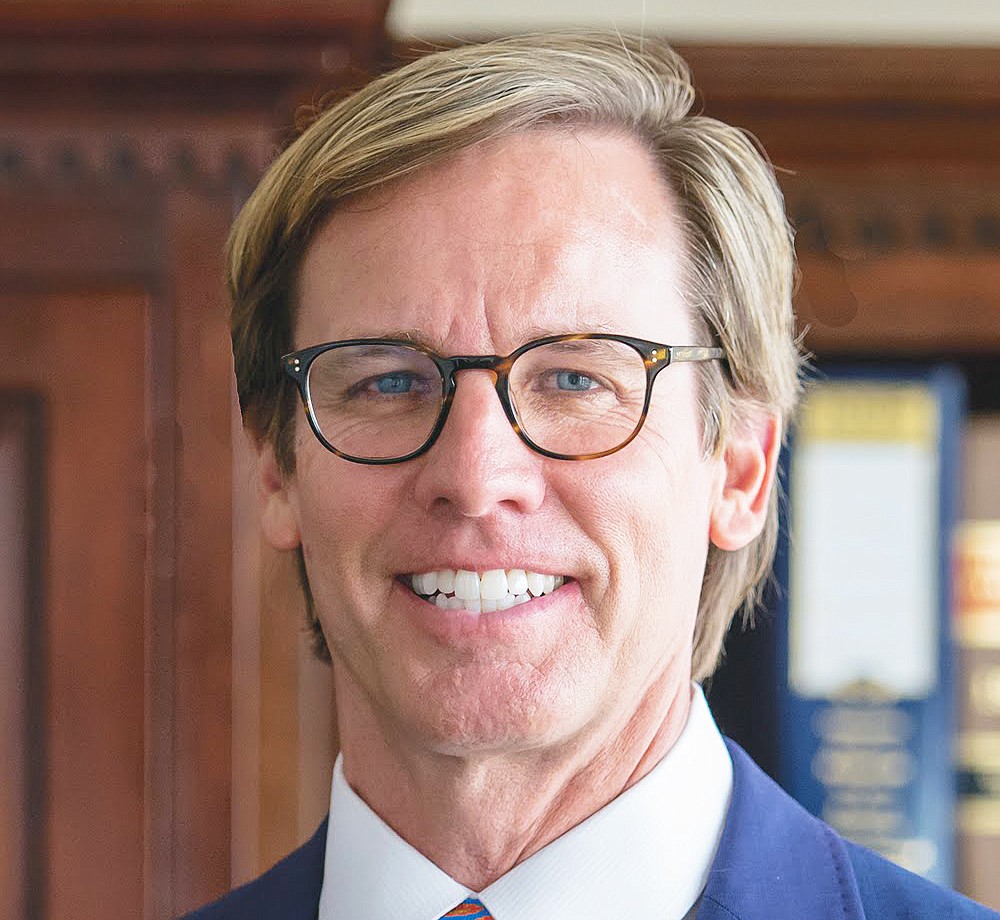
By Alan Pickert • Jacksonville Bar Association representative on the ABA House of Delegates
The American Bar Association House of Delegates adopted nearly 60 new policies at its first virtual meeting Aug. 3-4.
The delegates met remotely instead of convening as a group because of the COVID-19 pandemic.
The House comprises about 600 attorneys representing each state who discuss, debate and approve possible resolutions regarding justice, equality and the practice of law.
Here’s my report on issues I believe are of interest to our local legal community.
Among the resolutions adopted as policy are several aimed at improving police-community relations and attacking racial injustice, including a measure urging the curtailment of the defense of qualified immunity in civil suits brought against law enforcement officers.
With attention focused on police misconduct in the wake of the May 25 homicide of George Floyd and other police incidents, after vigorous but civil debate, the delegates adopted Resolution 301A.
It urges governments to limit the doctrine of police qualified immunity that was expanded during the past 40 years by the U.S. Supreme Court.
Also, the House of Delegates approved Resolution 116A, which asks governments to enact laws that require law enforcement agencies to keep records of incidents of deadly force or excessive nonlethal force, and that a fully independent prosecutor be appointed when someone dies in the custody of or during an encounter with a law enforcement officer.
Another hotly contested topic was the Bar exam resolution during these chaotic COVID-19 times.
Resolution 10G was adopted with 63% of the delegates in favor. It asks the highest court or Bar admission authority in each state or other licensing jurisdiction to cancel or not administer in person the examination during the COVID-19 crisis unless cleared by public health authorities.
The resolution offers several alternative approaches to the Bar exam, including a diploma privilege during the crisis, but does not favor any specific option.
State and other lawyer-licensing authorities made individual decisions on how best to approach the 2020 Bar exam, and others are planned in the next few months.
In Florida, the Bar exam will be administered online Aug. 19.
The Bar exam is prepared by the National Conference of Bar Examiners and is administered independently of the American Bar Association and the ABA Council of the Section of Legal Education and Admissions to the Bar, which is sole accreditor of U.S. law schools.
Proponents of the resolution said it was necessary to convey support for new lawyers who are faced with taking the Bar during the pandemic, and that the recommendation merely suggests that licensing authorities examine various options.
Opponents, including the bar examiners’ delegate, took issue with its reference, citing diploma privilege as an option without fully exploring its implications.
Among several COVID-19-related matters, the House adopted Resolution 10H that recommends governmental policies that minimize evictions and assist landlords and renters faced with hardship because of the pandemic.
Also, Resolution 117 recommends, among other aspects, that parties in court cases be offered a safe “in person hearing or delay” if the health crisis continues.
In other business, the HOD adopted:
• Resolution 111-A establishes the ABA Best Practices for Third-Party Litigation Funding as policy.
It is intended to serve as a guide for lawyers new to the practice of third-party litigation as well as more experienced attorneys and recommends that lawyers who engage in third-party financing detail the arrangement in writing, include the non-recourse or restricted nature of the financing, ensure that the client retains control of the case and protect the attorney-client relationship.
It does not take a position on the use of the practice, which has ballooned into a major industry in the past few years.
• Two new policies were approved that urge appropriate governmental entities to allow those incarcerated to vote.
Resolution 116E recommends governments provide a process to allow eligible pretrial detainees to obtain a ballot and be able to vote despite their detention.
Resolution 116H advocates for the repeal of laws that disenfranchise people based upon criminal conviction and that voting rights be restored, without any requirements to fulfill financial obligations, for those currently and formerly incarcerated.
• Resolution 100B urges governmental bodies to enact legislation banning race discrimination on the basis of the texture, style or appearance of a person’s hair and encourages implicit bias training to eradicate discrimination based on these factors.
• A narrow exception was approved to ABA Model Rule 1.8(e), which prohibits financial support for clients.
Under Resolution 107, a lawyer representing an indigent client, either on a contingency fee or through a clinic on a pro bono basis, would be allowed to provide modest gifts, including for food, rent, transportation, medicine and other basic living expenses.
• Resolution 301B supports establishment of June 19, or Juneteenth, as a paid, national legal holiday to commemorate the end of slavery.
Visit americanbar.org to read more about the meeting.
Attorney Alan Pickert, a partner at the Terrell Hogan law firm, is the Jacksonville Bar Association’s representative on the ABA House of Delegates.